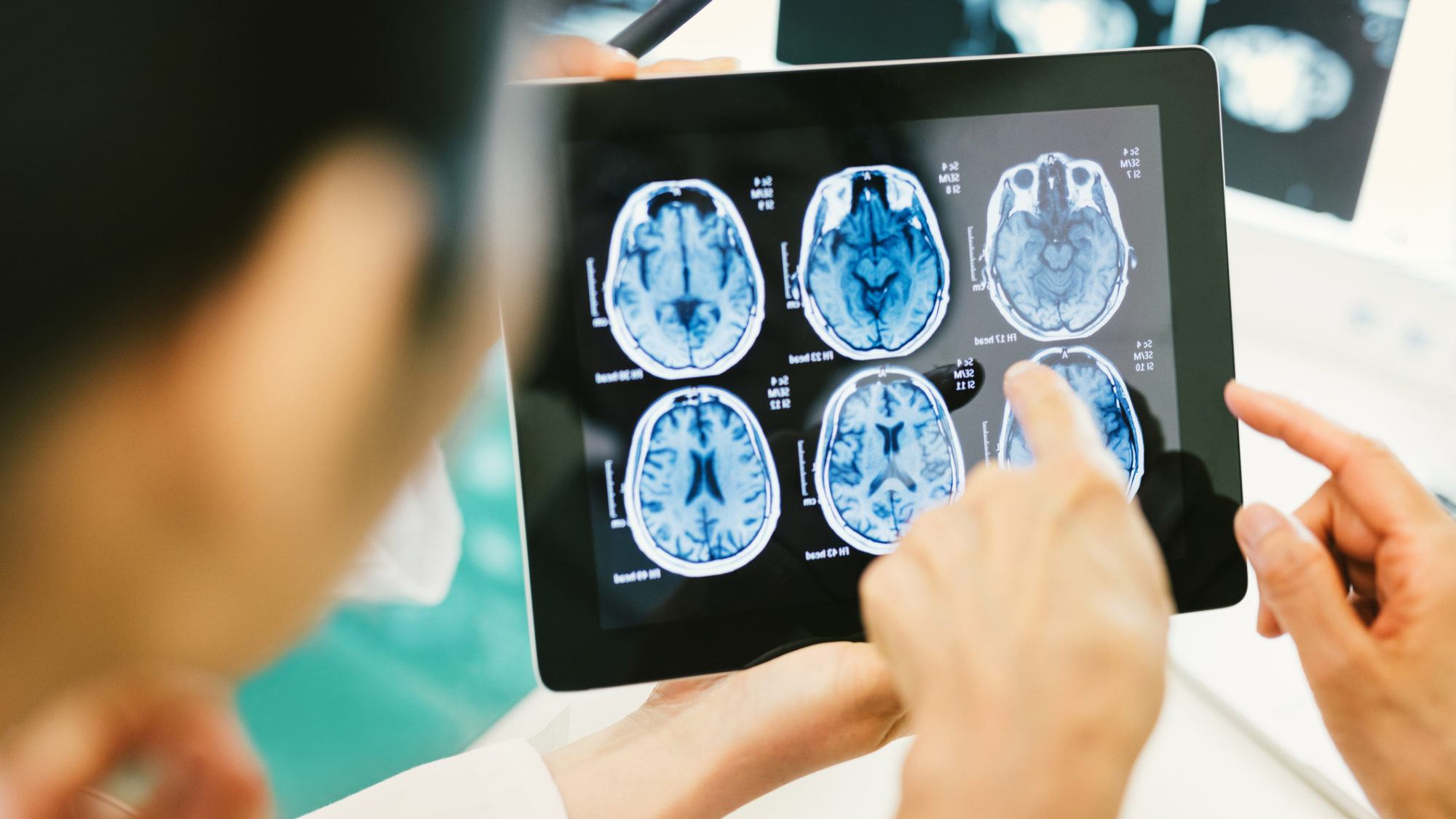
Psychotherapy for Neurological Complications
Psychotherapy for Neurological Complications
Brain injuries can cause serious deficits in cognitive function, particularly learning and memory, attention, and speed of information processing. Spinal cord injuries can cause serious physical problems, such as loss of bowel control, sexual dysfunction, or depression. Psychotherapy, in combination with neurorehabilitation, can help you and your family cope with complications from brain and spinal cord injuries.
Medical advances have increased survival rates after brain and spinal cord injury, which often results in lifelong challenges for survivors and lifelong responsibilities for caregivers. As a brain or spinal cord injury survivor, you may struggle with decision making, problem solving, memory, depression, and attention. Your family may be challenged with knowing when to intervene and when to let you learn and grow. Psychotherapy can help you and your family understand the effect of your injury, learn how to cope with your injury, and learn how to use tools that will help you function effectively.

What is Psychotherapy for Neurological Complications used for?
Psychotherapy for neurological complications can be used in individual, group, and family treatment to help people who have been affected by brain or spinal cord injuries, diseases, and disorders, including:
- Blood vessel disorders in the brain or spinal cord, such as aneurysms, arteriovenous malformations (AVM), and dural arteriovenous fistulae
- Brain injury, including anoxic injury or traumatic brain injury
- Brain tumors, both benign and cancerous
- Degenerative disorders (disorders that get worse over time) such as Parkinson’s disease, multiple sclerosis, amyotrophic lateral sclerosis (ALS), Huntington’s chorea, and Alzheimer’s disease
- Functional disorders, such as headache, seizure disorder, dizziness, balance disorders, and neuralgia
- Infections, such as meningitis, encephalitis, polio, and brain abscesses
- Movement disorders, such as dyskinesia and essential tremor
- Neuromuscular disorders, such as Bell’s palsy, cervical spondylosis, peripheral neuropathy, muscular dystrophy, myasthenia gravis, and Guillain-Barré syndrome
- Stroke disorders such as ischemic strokes (caused by blood clots), hemorrhagic strokes (caused by bleeding in the brain), and transient ischemic attacks (TIA or “mini-stroke”)
Am I a good candidate for Psychotherapy for Neurological Complications?
If you have suffered from a brain or spinal cord injury, and you are motivated to improve your condition, you may be a good candidate for psychotherapy for neurological complications.



